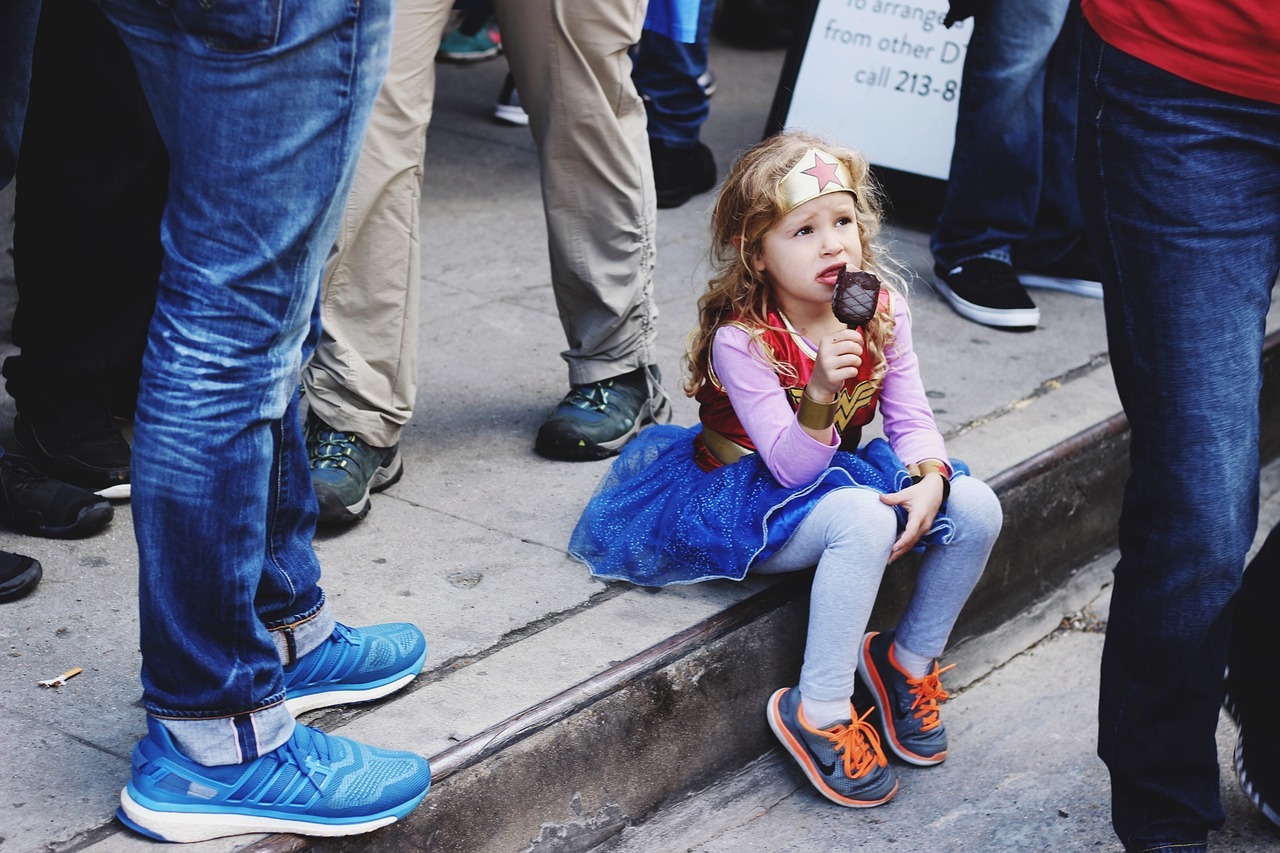Reflection for the Thirty-third Sunday in Ordinary Time B / Twenty-sixth Sunday after Pentecost
Readings: Daniel 12: 1-3; Psalm 16; Hebrews 10: 11-14, 18 (RM) or 18-25 (RCL); Mark 13: 24-32 (RM) or 1-8 (RCL).
“I can’t believe in a God who’s a big Superman in the sky!”
What a brazen, adolescent thing to say. My mother was shocked.
At sixteen I had outgrown the simple, literal understanding of Christianity that was all around me in my family, the village, and the church. I had read the Tibetan Book of the Dead because the Beatles were reading it. I read the Bhagavad Gita on the school bus. I read essays on Vedanta, a movement to explain Eastern thought for those in the West.
I learned that prayer could be more than just clasping one’s hands and making perfunctory words to God – prayer could be a state of being, without words. Imagine! And I was more than ready for all this, ready for a type of spirituality not supported in my church environment, not familiar to anyone I knew, and not something I could explain clearly. I just knew there was more.
What connects this story with today’s Sunday readings is the fact that the November readings always take us into a dark place of terrifying natural disasters and the violent end of the world as we know it. The November readings culminate in the readings for Christ the King, the final Sunday of the liturgical year, with a promise of the coming of the glorious and all-powerful Saviour who will rescue and protect us from impending doom. Then, as Advent opens, the apocalyptic readings that point to the Second Coming of Christ draw us back to the lead-in to his first coming in the flesh, and so on to the Nativity.
There’s much to ponder here, and even more to question.
The writer of Mark deliberately shocked his readers with a horrific image of the Temple, the centre of Jewish religious life and ritual, glittering in the sun high on a mountain, now utterly destroyed, razed to the ground, not a stone set upon another. That’s from the beginning of Mark chapter 13. By verse 24 the scale of the cataclysm is nothing less than total cosmic disruption :
“But in those days, after that suffering, the sun will be darkened and the moon will not give its light, and the stars will be falling from heaven, and the powers in the heavens will be shaken.”
That’s the terror. Now for the great and mighty cosmic rescuer:
“Then they will see ‘the Son of Man coming in the clouds’ with great power and glory, and then he will send out the angels to gather his elect from the four winds, from the ends of the earth to the ends of heaven.”
Instilling widespread fear is one of the best strategies of a would-be tyrant. When masses of people are scared out of their minds they might believe anything, cling to anything. They might invest their hope for salvation in a charismatic and powerful leader, or even better, a hero who conquers their perceived enemies. History is studded with examples, but we needn’t look farther than a handful of would-be tyrants in our own day, arousing fear with provocative rhetoric and heavy-handed legislation, installing a cadre of loyalists, trumpeting blatant and repeated lies and violent verbal attacks coloured by a toxic mixture of racism and misogyny: the shattering of support for the common good.
What happens when we don’t give in to fear? We might still feel the fear – feel our heart pounding, hands quivering, thoughts confused. Our ancestors in faith who faced martyrdom may have quaked with fear, but the fear did not take control over them. What truncates the power of the tyrant is the fact that without fear we become less susceptible to manipulation. We don’t need the caped hero.
So is there anything positive we can take from this week’s readings? I think three things: inclusion, responsibility, and hope. The way the text from Mark is written recalls a number of Hebrew Bible texts that promise healing and safety for all, even the outcasts in society, a “great feast” not merely for “his elect” but for all peoples.
Responsibility comes to the fore when we line up this image of cosmic disruption with the ongoing process of climate degradation and global warming. We need not be passive victims when measures can be taken to slow, or even at a stretch to stop, further damage to the living ecosystems of our planet. Thirdly, courageous hope in spite of fear. New Testament scholar Luise Schottroff points out that apocalyptic language entails “hopeful alertness in those who follow Jesus.” And here’s the start of a segue into Advent.
You know, to this day I don’t believe in a God who’s like Superman in the sky.
© Susan K. Roll
Susan Roll retired from the Faculty of Theology at Saint Paul University, Ottawa, in 2018, where she served as Director of the Sophia Research Centre. Her research and publications are centred in the fields of liturgy, sacraments, and feminist theology. She holds a Ph.D. from the Catholic University of Leuven (Louvain), Belgium, and has been involved with international academic societies in liturgy and theology, as well as university chaplaincy, Indigenous ministry and church reform projects.





Thanks for this seasonal November-Advent reflection – which also seems to describe well the fearful dynamics of this chaotic present time in our lives. The terror and triumph of it all!
I am struck at how it all comes down to the nature of God. Who I/we deeply believe God to be, how this belief shapes my life, and how God always transcends what I believe God to be. As Elizabeth Johnson says so often “The symbol of God functions”.